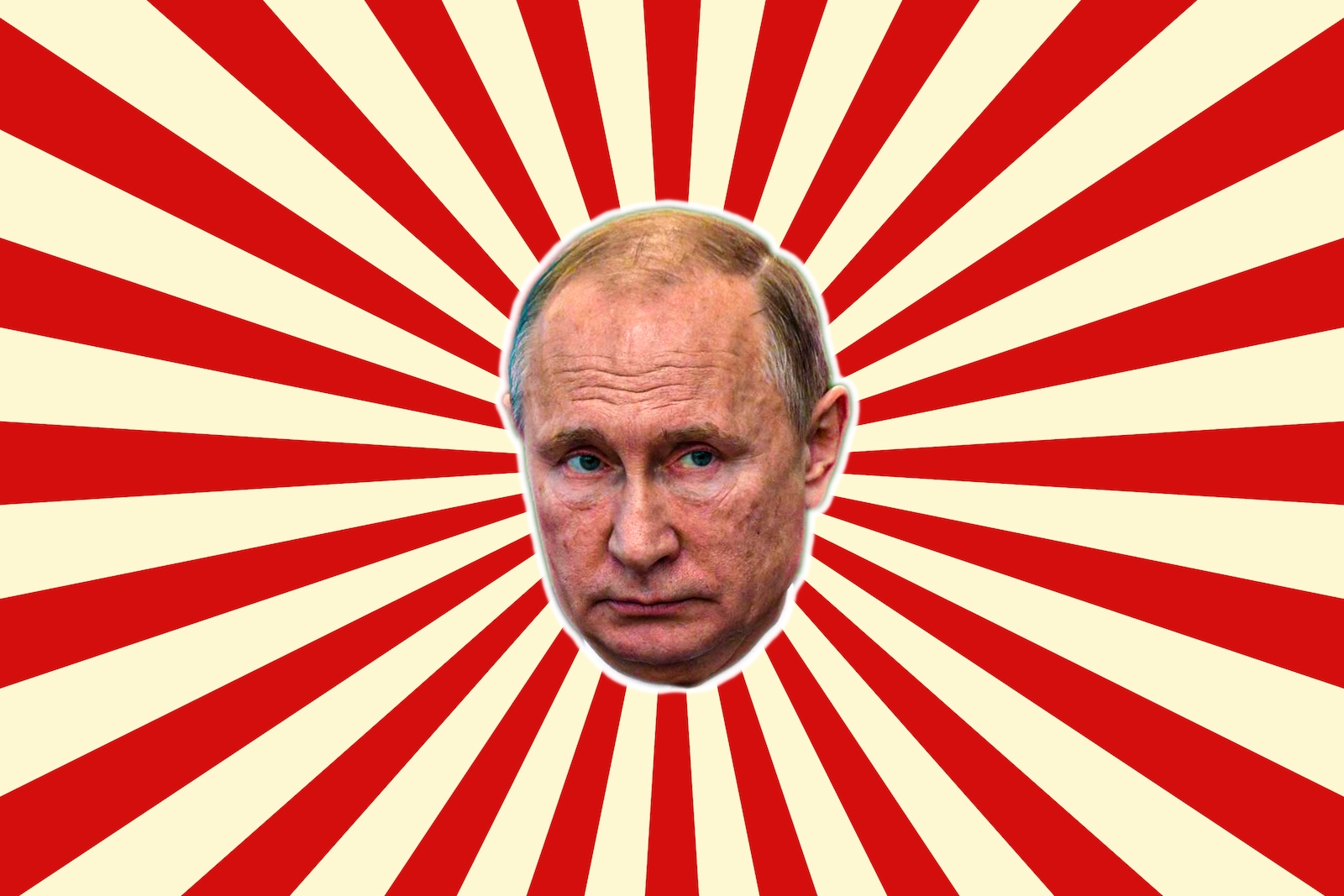
More Effort Needed to Combat the Spread of Russian and Chinese Disinformation
BRUSSELS, Belgium – Everyone should think more carefully and critically about what they read online in order to combat the spread of disinformation. That was one of the key messages to emerge from an event held online via Zoom which addressed the phenomenon of disinformation.
The event heard that hostile countries such as Russia and China have been working to destabilise the United States and Europe using a broad range of sophisticated tactics. Although several of these tactics have now been exposed, the threat remains high, as methods for spreading disinformation continue to evolve.
The discussion examined Russian and Chinese disinformation campaigns, discussing tactics that are used and the objectives behind their campaigns.
Katarzyna Sumislawska, an official with the European External Action Service who focuses on partnership building and advocacy, was among the speakers.
She said disinformation is a subject “much on the minds of a lot of people” and it is important to understand its complexities, adding, “It is vital to know where your information is coming from.”
On Russia, she said the EEAS had monitored almost 14,000 cases of disinformation against the EU in the last five years. In a survey conducted by her organization, it asked people how often they come across disinformation that they think misrepresents reality. Nearly half said it was once a week.
The EEAS estimates that 75 percent of those who access social media daily are exposed to disinformation.
There has also been plenty of disinformation associated with the pandemic and the EEAS has had nearly 1,000 cases that had to be debunked.
“But if this recent trend has been like a [speeding] train then we live in a space era of disinformation as we have seen an incredible increase in fake news.”
Sumislawska also voiced concerns about the “war on fakes” and “so-called” fact-checking that “deceives even more people which is also very dangerous.”
The EU’s reaction, she noted, has been to step up tracking of such acts and to punish the perpetrators such as Russia Today and Sputnik “neither of which are objective nor maintain journalistic standards.”
She said both are part of a wider disinformation ecosystem. “So, it is important that all of us are critical of what we see online because this influences us and our everyday lives.”
Her message is simple: Think before you read something and ask if the sources and those behind it are reliable.
The virtual event heard that state and non-state actors from both Russia and China continue to infiltrate and disrupt the efficient functioning not only of democratic institutions but also of business organisations and universities. They have overtly promoted false narratives and fake news that have dangerously increased disinformation and misinformation. This threat, it was argued, has only grown since the invasion of Ukraine.
Another speaker was Agnieszka Legucka, a Russia analyst within the Eastern Europe programme at the Polish Institute of International Affairs. Legucka said Russian disinformation is “nothing new because Russia invented the word.”
She said disinformation was used internally and externally as an instrument of influence during the Cold War and Russia has “extremely good experience on how to use this.”
Many actors including politicians use disinformation but Russia is “well prepared, does it systematically and 24/7” especially during the pandemic which was a “huge problem.”
She believes Russia uses the West’s democratic norms for its own foreign and internal goals in order to weaken the West. In the war with Ukraine, Russia portrays itself as a victim of Western aggression. “As it did in criticising the West’s way of managing the pandemic, Russia wants to portray itself as a victim.”
People in Russia, she says, have been manipulated via the likes of Russia Today and Sputnik and the European Union should be praised for banning both because this disinformation is a big problem. She said Russia had “resorted to recycling its old messaging, for example, about it [fight] against [the] Nazis, from 2014. This is not new.”
“Absurdly, Russia is now also saying the U.S. is using birds to spread deadly pathogens over Russia. But the Chinese are now copying such messaging from Russia. These messages are being repeated by the Chinese and spread all over the world even if Russia Today and Sputnik have been banned.”
The event also considered how the evolution in the methods for spreading disinformation has created new challenges for younger generations.
David Plášek, an analyst with the Prague-based Red Watch Programme at the European Values Center for Security Policy, focused on Chinese propaganda and disinformation and “lessons they have learned from Russia.”
He said China aims to give a positive portrayal of itself. “But as we have seen in the last few years, China has shifted to full-blown totalitarianism. This brings a clear threat because it can use its leverage to push disinformation, including at the academic level.”
He asserts that China is “exploiting” Western universities which are a weak spot. China is spreading propaganda and disinformation via universities. “Of course, I am not saying that we should not cooperate with China. We must cooperate but to have a successful relationship with China we must be aware of certain threats.”
In a Q&A, the speakers were asked what the EU can do to counter disinformation and Sumislawska replied, “Understanding the threat is part of the game. We then need to expose and debunk disinformation.”
The EU, she noted, is working on a toolbox to help it better understand what disinformation is. It also needs to do more on resilience building, fact-checking, and disruption of activities.
Legucka believes Russia would like to make Europe passive so the message should be that Russia is losing the war in Ukraine, especially on the battlefield. “We should be proactive and show our strength toward Russia.”
Another question was about a possible embargo on digital technology and, on this, Plášek said the Czech Republic, his country, had been bombarded with disinformation but small practical ways like putting warnings on websites, can work.
Several journalist organisations, it was said, have called banning Russia Today and Sputnik a ban on freedom of speech, and the three were asked about this. Sumislawska said the EU prefers not to use the word “ban” but sanction.
“This came as a direct response to Russian aggression, and we took this action because we don’t see Russia Today and Sputnik as objective media organisations. Access to practical, independent information in Russia is practically nonexistent.”
Stephanie Daher, who moderated, said the debate was part of a series of events in the coming weeks examining the threat and impact of disinformation. The aim is to underline the need to mobilise the public, in particular young people, to counter this threat. It was organised by the European Foundation for Democracy and the U.S. Mission to the European Union.
